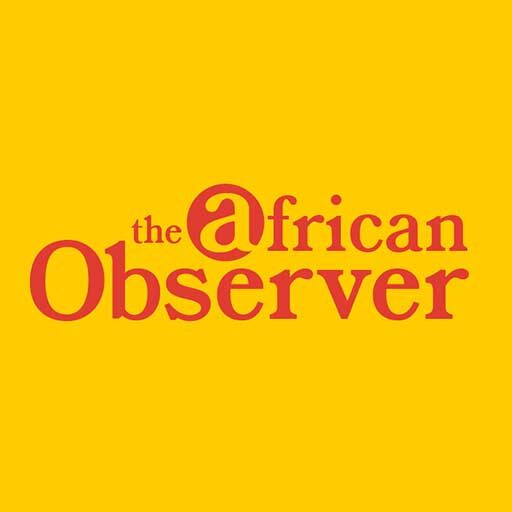In a historic move towards animal welfare, the African Union (AU) has announced a continent-wide ban on the controversial donkey skin trade, eliciting praise from animal welfare charities across Africa. The ban renders it illegal to slaughter donkeys for their hides in all 55 countries on the continent. This action comes as a response to the alarming decimation of donkey populations caused by the soaring demand for skins, driven by the popularity of the ancient Chinese medicine, Ejiao.
Traditionally, Ejiao is produced from donkey hides and is believed by some to possess anti-ageing and health properties, although scientific evidence supporting these claims remains inconclusive. With the depletion of donkey numbers in China, Chinese companies turned to sourcing donkeys from abroad, leading to the establishment of legal slaughterhouses in Africa.
Dr Solomon Onyango from Kenya‘s Donkey Sanctuary noted that, between 2016 and 2019 alone, approximately half of Kenya’s donkey population fell victim to this trade. The Donkey Sanctuary highlighted the “brutal and unsustainable” nature of the trade, stating that it has not only devastated donkey populations globally but has also had a severe impact on rural communities relying on these animals for their livelihoods.
With an estimated two-thirds of the world’s 53 million donkeys residing in Africa, these animals play a crucial role in the day-to-day lives of the continent’s poorest rural communities. Donkeys are used for transportation, carrying water, food, and other goods, with owning one often meaning the difference between destitution and a modest livelihood.
Further supporting the significance of donkeys to Africa’s communities, a recent study in Ethiopia measured the economic value they bring. The findings revealed that the ownership of donkeys is instrumental in preventing impoverishment and enabling these communities to sustain a basic standard of living.
Dr Onyango expressed his optimism and emphasized the far-reaching benefits of the ban, stating that it would safeguard donkeys and the livelihoods of millions. The trade prohibition represents a major victory for animal welfare and will undoubtedly protect the cultural, biodiversity, and identity aspects that donkeys embody across the continent.
Raphael Kinoti, East Africa’s regional director for the animal welfare charity, The Brooke, hailed the ban as a “terrific moment” for African communities that have relied on donkeys for generations. Kinoti underscored the adverse impacts the skin trade has had on the continent, eroding livelihoods and jeopardizing the cherished African culture.
While the benefits of the ban are clear, concerns remain over the long-term sustainability of donkey populations if the trade is not effectively curbed. Experts caution that without sufficient measures in place, future generations may face limited access to donkeys, risking the loss of an integral part of African heritage.
The AU’s decisive action serves as a powerful reminder of the continent’s commitment to preserving wildlife and safeguarding the well-being of animals, aligning with global efforts to combat the illegal wildlife trade. This landmark decision sends a message to the international community that Africa values its diverse biodiversity and is taking proactive steps to protect it.
The ban on the donkey skin trade is set to come into immediate effect, prohibiting the slaughter of donkeys for their hides across all member states of the AU. It is hoped that this decisive move will discourage the illicit trade and pave the way for sustainable alternatives to meet the demand for Ejiao, without compromising animal welfare or risking the livelihoods of vulnerable communities across the continent.





